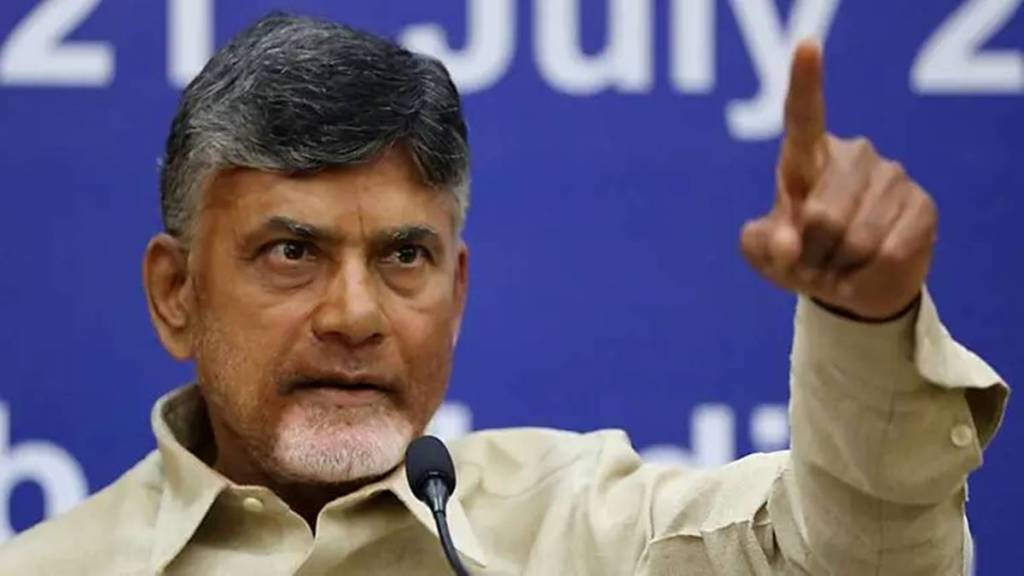Domestic carriers like Akasa Air and IndiGo, who are in favour of granting fresh bilateral rights to foreign carriers, may see their wish come true if the civil aviation ministry is allocated to the Telugu Desam Party.
While the BJP government has been against granting any further bilateral rights to foreign airlines, in its 10-year tenure, TDP’s Ashok Gajapathi Raju, who was a civil aviation minister from 2014 till 2018 when the TDP walked out of the NDA government, was in favour of giving more such rights.
Industry sources feel that if the TDP gets the civil aviation portfolio, the policy towards granting fresh bilateral rights may be considered again. Raju’s proposal of allowing more flying rights to UAE-based carriers in 2017 could not see the light of the day because the then minister of state, BJP’s Jayant Sinha was opposed to it, because of which a final decision could not be reached.
The matter of fresh bilateral rights has suddenly gained prominence as Akasa Air, which is a new airline, is rooting for it. At the CAPA India summit on Wednesday, Akasa Air founder and CEO Vinay Dube said that bilateral rights to West Asian carriers should be increased. “There is a tremendous amount of trade that we do with the Middle East. And that trade requires us to fly there. My view is that this should be recognised by the ministry,” Dube said.
He was supported by IndiGo CEO, Pieter Elbers who said that bilateral rights should be looked at in a holistic way.
However, Air India continues to be opposed to grant of any fresh bilateral rights with its CEO Campbell Wilson stating that granting more rights to certain Gulf countries will impede the growth of its long-haul and ultra long-haul operations to places such as North America and Europe.
Speaking at the CAPA summit, he said, “Indian carriers recently ordered more than 1,000 aircraft. We have an appetite for more. We are committing to that on the basis that there would be an economic return to that investment, which, if you add it all, is well over $100 billion. If the rug is pulled from under us by granting more bilateral rights, and if we can’t fly those aircraft, we will not take them (aircraft)”.
Industry sources said that flying rights to Dubai, which is a hub in West Asia, is exhausted with older carriers like Air India using them. As a result newer airlines like Akasa Air are not able to get rights on the Dubai route. At best, they can get some seats on the Sharjah and Qatar route, which are not that lucrative. This is the reason, an airline like Akasa wants fresh bilateral rights, whereas incumbents like Air India do not.
Under the India-UAE bilateral, airlines based in Dubai, can currently carry 66,000 passengers to and from Indian airports per week. Countries like Abu Dhabi and Sharjah have separate quotas. Similarly, Indian carriers can carry a similar number of passengers to Dubai per week.
This bilateral arrangement is a pre-2014 pact, which the BJP government viewed as lopsided, after assuming office in May 2014.
Thus far, the government’s stance has been that Indian carriers like Air India should order bigger aircraft and carry higher passengers rather than entering into bilateral flights which are skewed against domestic carriers.
For instance, under the bilateral with UAE, India stands to lose. While UAE carriers can carry passengers from airports in Dubai, Abu Dhabi, and Sharjah, to Indian airports like Mumbai and Delhi, as well from here to foreign destinations via Dubai; Indian carriers can only carry passengers from India to Dubai. For carrying passengers beyond Dubai, they can’t do so from the main airport there, but from the other airport, Dubai World Centre.


